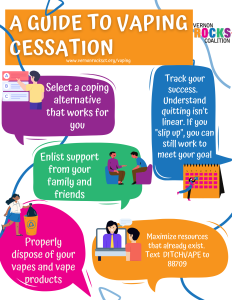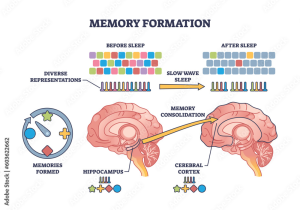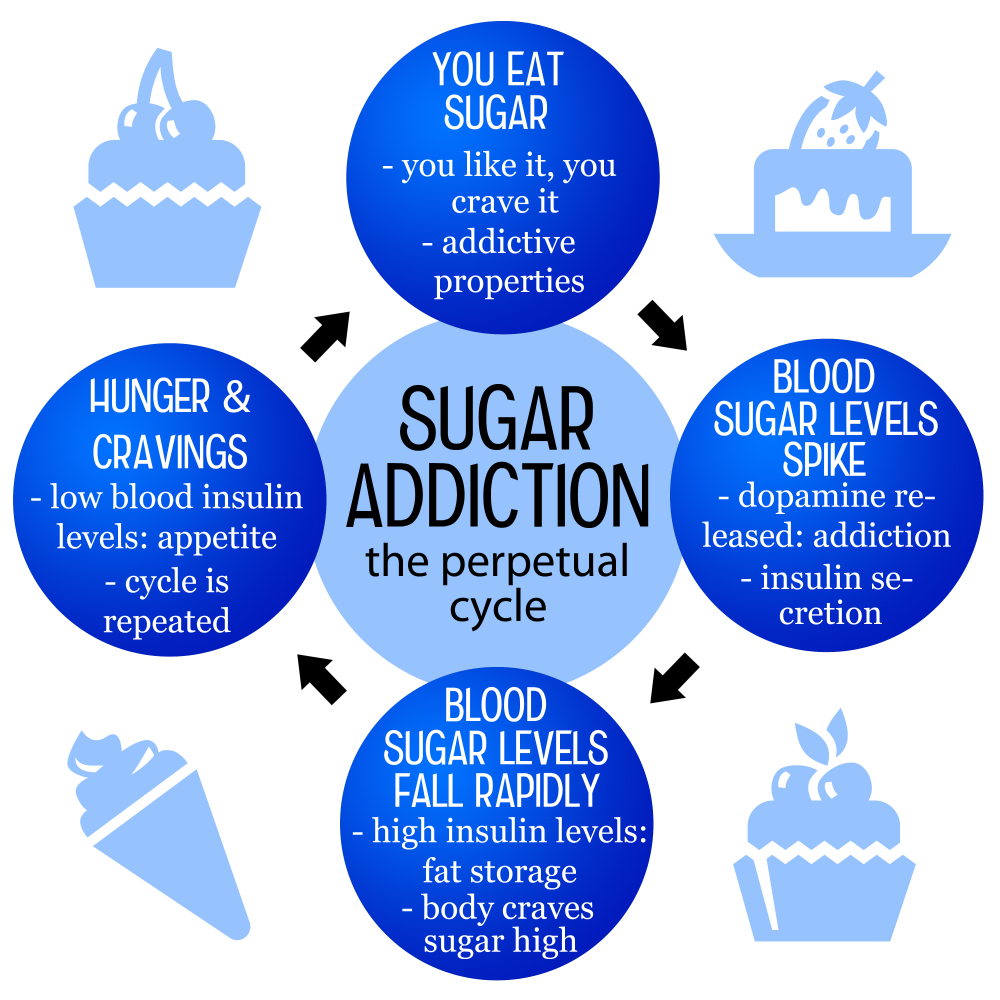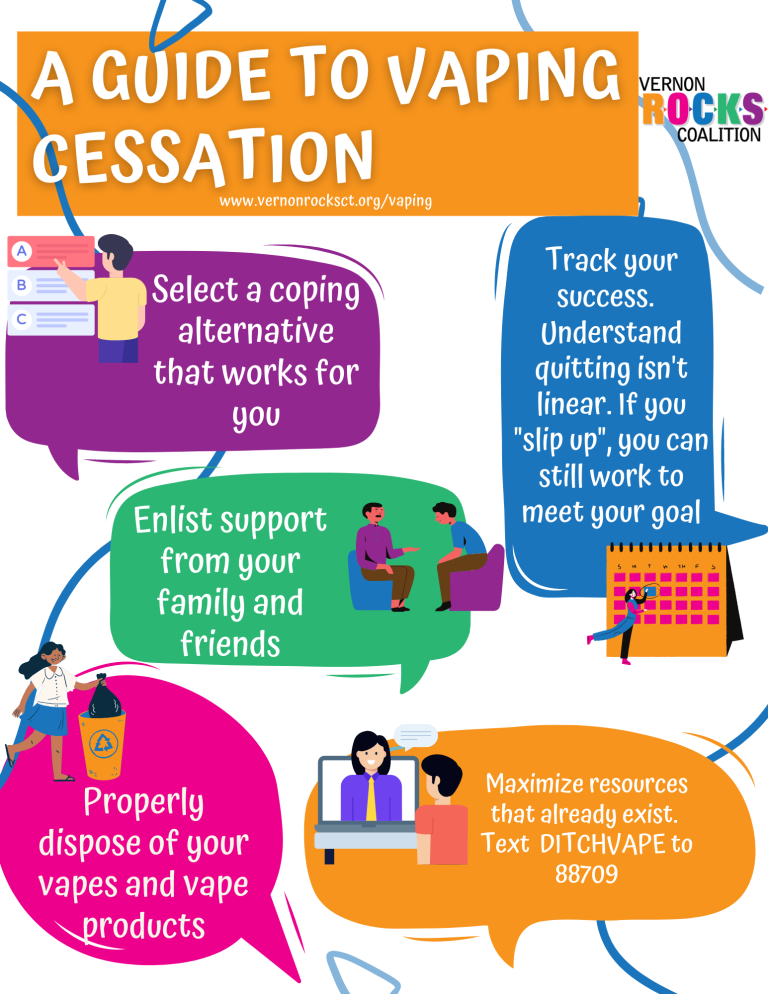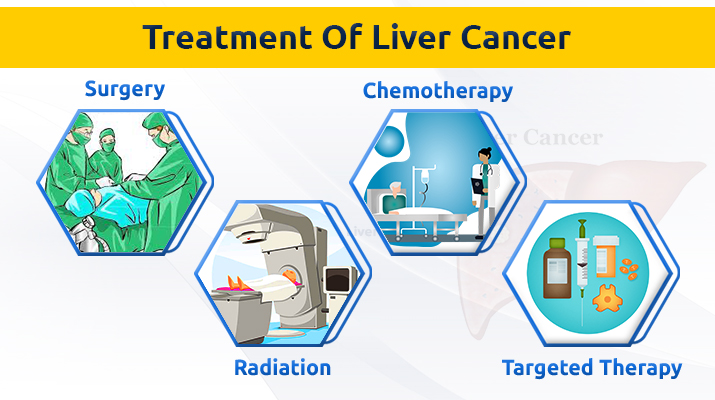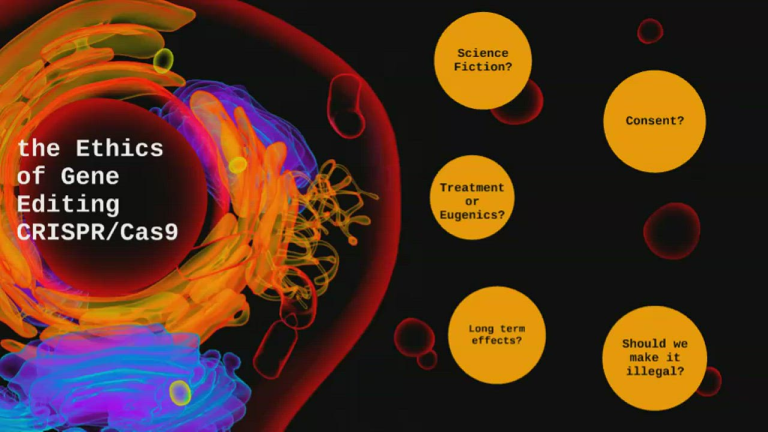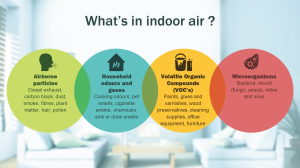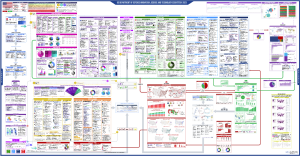Is sugar addictive? This question sparks considerable debate among health experts and nutritionists alike. While many of us may experience intense sugar cravings or the urge to reach for that extra slice of cake, it’s essential to differentiate between cravings and true addiction. The effects of sugar on the brain can resemble addictive behaviors we see with substances like alcohol or nicotine, leading to concerns about widespread sugar consumption. Understanding sugar addiction is crucial, especially considering its potential health effects, which range from weight gain to an increased risk of chronic diseases.
Exploring the concept of sugar dependency involves examining our relationship with sweeteners and how they influence our behavior. Many individuals find themselves hooked on sugary snacks and beverages, often leading to a cycle of sugar cravings and binge consumption. This phenomenon is not merely a personal choice but reflects broader societal trends in food availability and marketing. The implications of excessive sugar intake on health are significant, with research linking high sugar consumption to various medical conditions. Thus, understanding the nuanced nature of sweeteners in our diets can help us navigate our eating habits more effectively.
Is Sugar Addictive? Understanding the Science Behind Sweet Cravings
The question “Is sugar addictive?” has stirred debate within the nutritional and psychological communities. While substances like alcohol and nicotine meet stringent clinical criteria for addiction, sugar operates differently. Sugar does enhance cravings and can lead to compulsive behaviors akin to addiction, yet it lacks the formal classification as an addictive substance. Research indicates that when individuals consume high amounts of added sugars, especially from ultra-processed foods, their brains may react similarly to how they could react to true addictive substances. This heightened response can lead to persistent sugar cravings that challenge individuals to manage their sugar consumption effectively.
The experience of withdrawal when reducing sugar intake can further complicate the discussion on sugar addiction. Those who decide to cut down on sugar often report headaches, fatigue, and irritability—symptoms that mirror withdrawal effects from more addictive substances. However, while these physical effects may be significant, they typically do not reach the intensity associated with quitting drugs or alcohol. Experts recommend a more measured approach to sugar reduction, suggesting gradual decreases rather than a cold turkey method, to help mitigate these symptoms. Thus, examining sugar through the lens of addiction requires nuance and an understanding of its role in our diets.
The Health Effects of Overconsumption of Sugar
The implications of high sugar consumption extend beyond mere cravings; it has profound health effects that warrant attention. With Americans consuming an average of 20 teaspoons of added sugar daily, strategies for moderation are imperative. Overconsumption can lead to obesity, diabetes, and various cardiovascular issues, making it essential to monitor not only the amount but also the sources of sugar in one’s diet. The American Heart Association’s sugar guidelines recommend limiting added sugar to 6 teaspoons for women and 9 for men, aiming to minimize the risk of health issues associated with excess sugar in processed foods and sugary beverages.
Understanding the health effects of sugar is also a matter of discerning between natural and added sugars. While natural sugars found in fruits and dairy contribute to necessary nutrients, excessive added sugars are often devoid of vitamins and minerals. This disparity emphasizes the need for individuals to read nutritional labels and become aware of their sugar intake. By making conscious choices about sugar consumption, from limiting sugary snacks to choosing whole foods, individuals can not only manage cravings but also protect their overall health.
Managing Sugar Cravings: Practical Strategies
Sugar cravings can feel insurmountable, especially for those who frequently indulge in sugary snacks and beverages. To manage these cravings effectively, it’s essential to develop practical strategies that prioritize moderation over deprivation. One effective approach is to replace high-sugar snacks with healthier alternatives, such as fruits or nuts, which can satisfy sweet cravings while also providing nutritional benefits. Additionally, ensuring balanced meals that include proteins, fibers, and healthy fats can help stabilize blood sugar levels, thus reducing the likelihood of sudden sugar cravings later on.
Another crucial strategy involves awareness and mindfulness around eating habits. Keeping a food diary can empower individuals to recognize when and why they crave sugar, allowing them to address emotional triggers or restrictive diets that fuel these cravings. Learning to enjoy sweets in moderation—rather than eliminating them entirely—can create a healthier relationship with sugar. Ultimately, the goal is not just to satisfy cravings but to cultivate a balanced approach to sugar consumption that aligns with overall health objectives.
The Role of Sugar in Our Diet: A Balanced Perspective
Sugar undeniably holds a position in our diets that contributes not only to flavor but also to cultural experiences around food. While the potential for sugar addiction and unhealthy consumption patterns is a valid concern, it’s crucial to remember that sugar is not inherently evil. Many natural foods, including fruits and vegetables, contain sugars that provide necessary energy and nutrients. Acknowledging the distinctions between added sugars and naturally occurring sugars in whole foods is essential for maintaining a balanced perspective on nutrition.
Moreover, allowing for some sweetness in our diets can enhance enjoyment and social experiences associated with meals. Instead of categorizing sugar merely as a vice, reframing it as a component of balanced eating—when consumed mindfully—can foster healthier habits. The key is moderation; by being aware of sugar sources and total intake while allowing for occasional indulgence, individuals can enjoy what they eat without compromising their nutritional goals.
The Psychological Effects of Sugar Consumption
The psychological effects of sugar consumption can be multifaceted, influencing mood and cravings in profound ways. High-sugar diets have been linked to increased instances of anxiety and depression, likely due to the fluctuations in blood sugar levels that can impact overall emotional stability. The immediate spike in energy from sugar is often followed by a crash, which can lead to feelings of lethargy and irritability. This cycle can create a dependency on sugary foods for quick energy boosts, feeding into unhealthy consumption patterns.
Conversely, mindful moderation of sugar intake can engender a more stable mood and contribute to better mental health overall. By focusing on nutrient-rich foods, individuals enhance not only their physical well-being but also their emotional resilience. Incorporating a variety of whole foods rich in vitamins and minerals into one’s diet can mitigate the adverse psychological effects commonly associated with excessive sugar consumption. This holistic view of diet can promote a more positive relationship with food.
Nutritionist Perspectives on Sugar and Health
Nutritionists emphasize the importance of approaching sugar consumption with a critical eye. They advocate for understanding not only the types of sugars consumed but also their sources and effects on the body. A common theme is the emphasis on whole, minimally processed foods rather than those laden with added sugars. Using alternatives like whole fruits, which provide fiber along with sugar, can help satisfy cravings while preventing the spikes and crashes associated with refined sugar intake.
Furthermore, nutritionists often highlight the social context of eating and sugar consumption. They advocate for enjoying sweets in moderation, emphasizing that a healthy eating pattern does not necessitate completely avoiding sugar. Instead, the key is finding a balance that allows for treats without excess. Through education on food labels and the impact of sugar on health, nutritionists play a vital role in helping individuals navigate their dietary choices and find sustainable, healthy habits.
Children and Sugar Intake: What Parents Should Know
The debate around sugar consumption is especially vital when considering children’s diets. Children are particularly susceptible to the enticing nature of sugary snacks and drinks, which can lead to lifelong habits of excess sugar consumption if not monitored. Parents play a crucial role in managing sugar intake by setting an example and making informed choices about their children’s diets. Encouraging healthy eating habits early on can prevent obesity and related health issues later in life.
Additionally, understanding food marketing and the prevalence of sugary products targeted towards children can help parents make better choices. Providing healthy alternatives and teaching children about the importance of nutrition can empower them to make sound dietary decisions as they grow. Creating a positive environment around food that balances treats with healthier options promotes lifelong healthy eating habits.
The Impact of Sugar on Weight Management
Understanding the relationship between sugar and weight management is essential for those aiming to achieve a healthy lifestyle. High sugar intake has been linked to increased body weight due to excessive calorie consumption, particularly from sugary beverages and snacks that offer little nutritional value. The average American’s intake of nearly 20 teaspoons of added sugar per day poses a considerable challenge in managing weight and overall health.
To mitigate the impact of sugar on weight, adopting strategies such as reducing sugar consumption, opting for lower-calorie alternatives, and incorporating physical activity into daily routines can be effective. It’s essential to recognize that moderation is key; achieving a balance in one’s diet that includes a variety of foods while limiting added sugars can significantly improve weight management outcomes and support overall health goals.
Awareness and Education: The Key to Reducing Sugar Consumption
Raising awareness about sugar’s effects is imperative for fostering healthier eating habits across all age groups. Many individuals remain unaware of the daily recommended limits for added sugar or how unassuming products can be high in sugar. Education on reading food labels, recognizing hidden sugars, and understanding their health implications is crucial in empowering individuals to make informed dietary choices.
Workshops, community programs, and online resources can serve as valuable tools for educating the public on the importance of managing sugar consumption. By fostering a better understanding of nutrition and healthy eating practices, communities can work towards reducing sugar-related health issues, ultimately leading to a more health-conscious society.
Frequently Asked Questions
Is sugar addictive in the same way as drugs like nicotine or alcohol?
Sugar exhibits some addictive qualities by triggering cravings and compulsive eating behaviors, similar to addictive substances. However, it is not classified as an addictive substance under current clinical guidelines, unlike nicotine or alcohol. While people can experience withdrawal-like symptoms when drastically cutting sugar, the severity is much less than that associated with drugs.
What are the health effects of sugar addiction?
The health effects of sugar addiction can include weight gain, increased risk of type 2 diabetes, heart disease, and dental problems. Additionally, excessive sugar consumption can lead to withdrawal-like symptoms, such as headaches and anxiety when trying to reduce intake.
How do sugar cravings relate to sugar addiction?
Sugar cravings are often a result of habitual consumption of sugary foods and drinks. These cravings can manifest as a mild form of addiction, where individuals feel a compulsion to consume sugar despite knowing the potential health risks associated with high sugar consumption.
What are the recommended limits for sugar consumption to avoid addiction?
The American Heart Association recommends limiting added sugar intake to no more than 9 teaspoons per day for men, and 6 teaspoons per day for women. Reducing sugar consumption can help prevent cravings and mitigate potential health effects.
Can reducing sugar consumption improve my health if I feel addicted to sugar?
Yes, gradually reducing sugar consumption can lead to significant health improvements. Many people experience better energy levels, mood stabilization, and weight management after cutting back on added sugars, especially ultra-processed foods that trigger cravings.
What are some strategies to manage sugar cravings effectively?
To manage sugar cravings, consider gradually reducing sugar intake rather than quitting abruptly. Focus on whole foods, read nutrition labels, and substitute sugary snacks with healthier options like fruits. Staying hydrated and maintaining a balanced diet can also help mitigate cravings.
| Key Points |
|---|
| Sugar is not classified as an addictive substance like alcohol or nicotine under clinical guidelines, despite increasing cravings and compulsive eating behaviors. |
| Ultra-processed foods high in added sugar heighten cravings and can lead to habitual consumption, resulting in withdrawal-like symptoms when stopped abruptly. |
| A moderate amount of sugar can enhance diet enjoyment; it is essential for flavor, but excessive intake can lead to health issues. |
| Current average sugar consumption in the U.S. is nearly 20 teaspoons per day, far above the American Heart Association’s recommendations of 9 teaspoons for men and 6 for women. |
| Gradually reducing added sugar intake is recommended instead of abrupt elimination to avoid counterproductive effects. |
Summary
Is sugar addictive? This is a question that has sparked considerable debate among nutrition experts. While sugar does exhibit some addictive qualities, it is not officially recognized as an addictive substance like alcohol or nicotine. The cravings and compulsive behaviors surrounding sugar consumption are real, particularly because of the prevalence of ultra-processed foods in our diets. However, understanding that we need some form of sugar for flavor and nutrition, and recognizing the quantity that leads to health issues, is crucial. Moderation is key, and being aware of sugar intake can help us enjoy the benefits of sweetness without falling into harmful habits.
